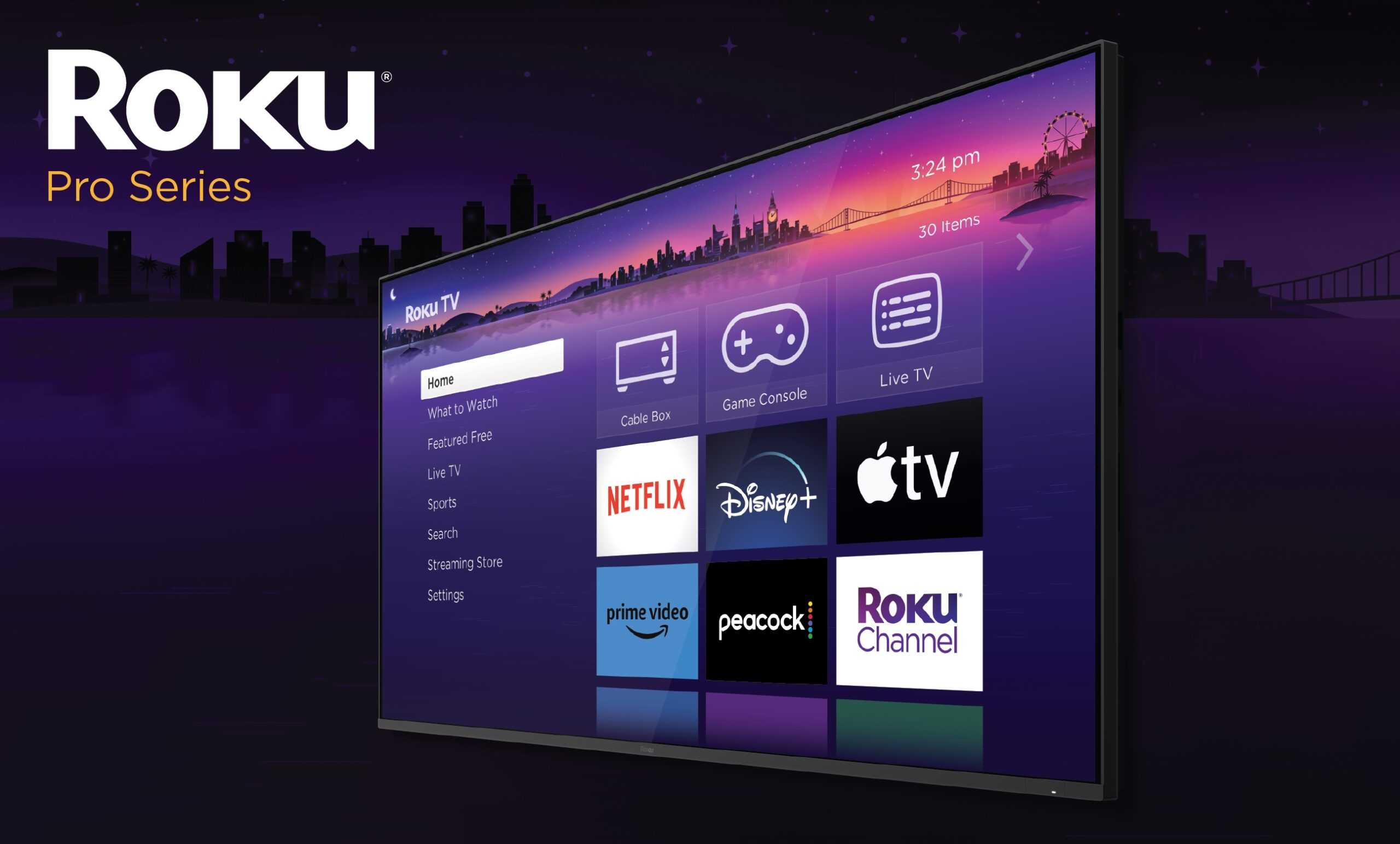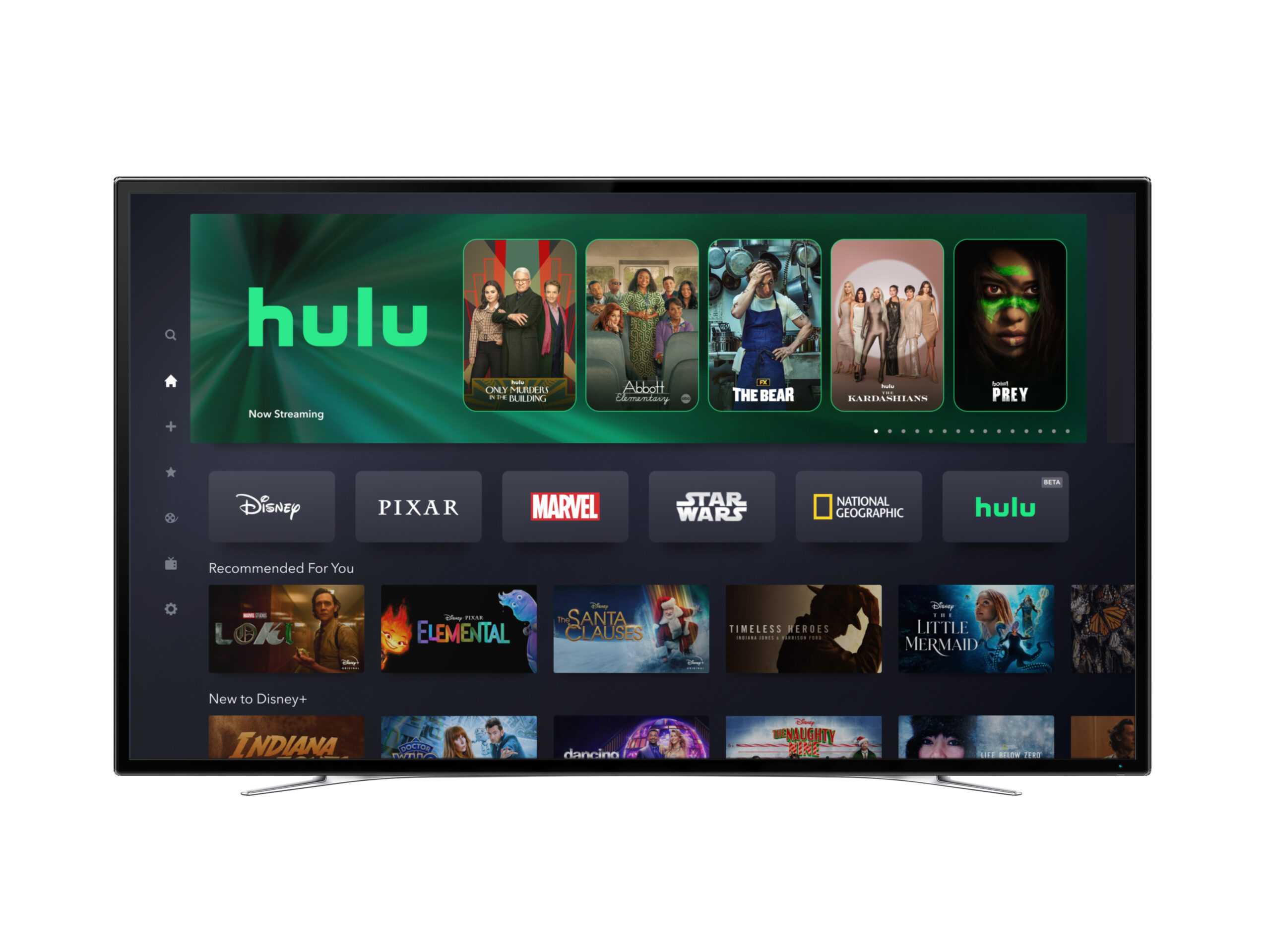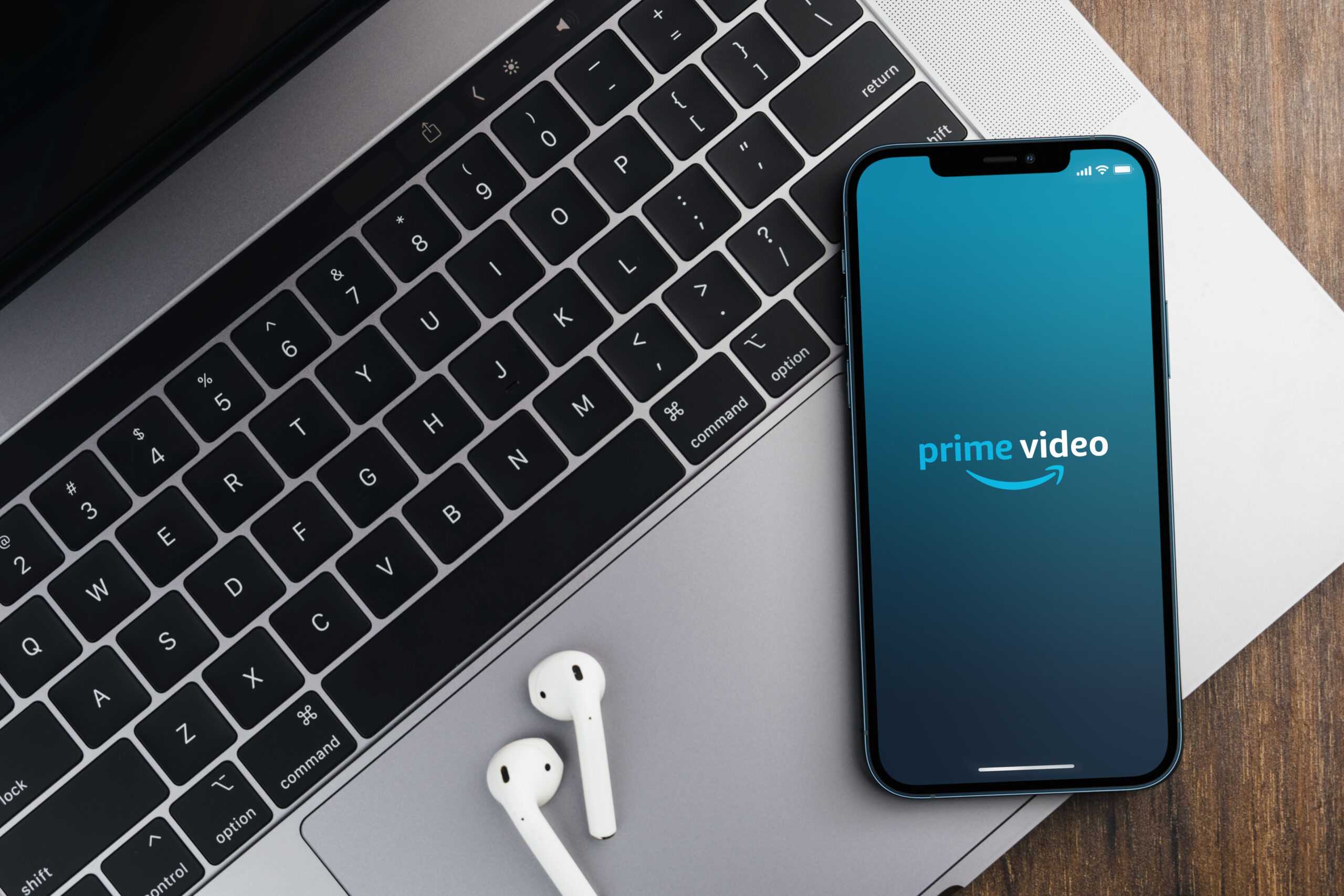As the film industry comes out the other end of COVID-19, it’s testing new release strategies and partnerships that stand to reshape the industry’s future. Recently, Universal has opted to license its movie content to NBCUniversal’s streaming service, Peacock, rather than renewing its previous 10-year deal with HBO. This deal promises to deliver films via never-before release windows.
The content to be added to Peacock in 2022 includes Universal, Focus Features, Illumination, and DreamWorks theatrical releases. New releases will now be available on Peacock after 120 days instead of the typical 200 days after the film’s theatrical release.
Vice Chairman and Chief Distribution officer of UEFG Peter Levinsohn stated, “This new Pay-One agreement demonstrates our commitment to building a film ecosystem that allows filmmakers and artists to reach the broadest possible audience, […] and, above all, empower fans to experience the films they love on their own terms.”
Universal recently released The Boss Baby: Family Business for Peacock subscribers over the July 4th weekend. The film still garnered $20 million in box office sales, suggesting that the streaming release didn’t hold back its theatrical debut. The Universal deal, however, set to take effect in 2022, will have a knock-on effect for HBO Max, which will see its longstanding relationship with Universal come to an end as Peacock ramps up its content push.
“While content producers have increasingly held back library content or some dedicated online-first titles for their own streaming services, this approach by Universal is a huge escalation of the streaming content wars,” said Brett Sappington, vice president at Interpret. “Not only is Universal opting out of a long-time relationship, but it is also shifting away from a strong pay-TV partner. This change is a troubling event for traditional pay TV, particularly if other studios follow suit.”
Interpret’s VideoWatch™ shows that 13% of the US population subscribes to HBO Max but not Peacock, whereas 2% of the population subscribes to both services. The result is that a lot of people who may have expected to see Universal movies on HBO Max will be forced into also signing up for Peacock – which is exactly what NBCUniversal is hoping for.
As of April 2021, Comcast reported Peacock’s subscriber base as reaching 42 million customers, but it is unknown what portion of those are paying. Matt Strauss, the Chairman of Direct-to-Consumer and International of NBCUniversal mentioned that they have seen an “incredible viewership of movies” on the platform and want to continue to flesh out their film offerings. The average US consumer subscribes to three streaming services, which pits Peacock against a variety of competitors, including market leaders Netflix and Amazon Prime Video, for a share of streaming customers.







